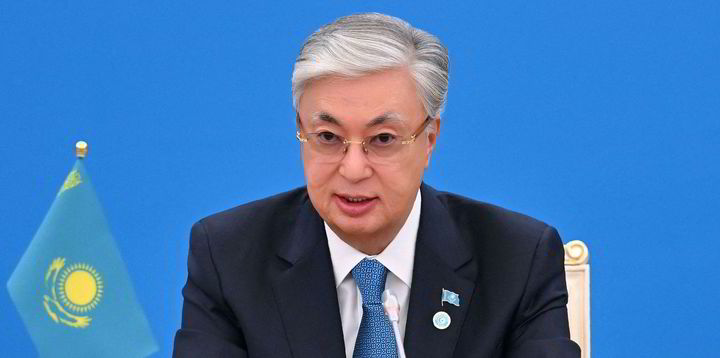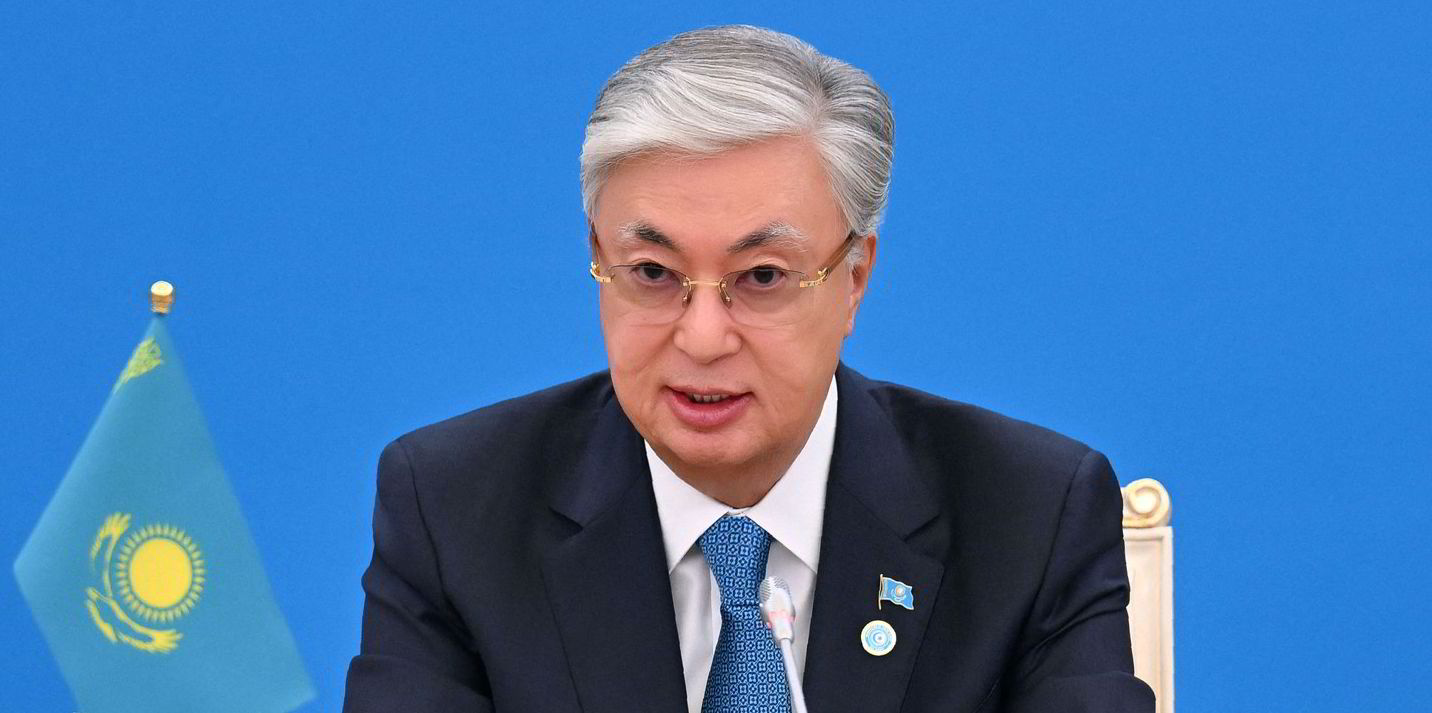The Western oil majors involved in Kazakhstan’s huge Kashagan oil and gas development in the Caspian Sea have agreed to divert more output to the domestic market as the government scrambles to shore up fuel supplies and prevent a repeat of the social unrest that rocked the country two years ago.
Kashagan is Kazakhstan’s second-largest oil and gas project after Tengiz, and with Karachaganak, is one of the three giant foreign-led oil schemes in the country, a major supplier of world crude.
Italy’s Eni leads the North Caspian Operating Company (NCOC) developing Kashagan, with supermajors ExxonMobil, Shell and TotalEnergies also partners, alongside China National Petroleum Corporation, Inpex and Kazakh state player KazMunayGaz.
The agreement to increase volumes for the domestic market coincides with the amicable settlement of a $5.1 billion environmental damage claim against Kashagan that Kazakh authorities have pursued for the past year.
The Kazakh Energy Ministry said in a statement on Tuesday that it had “reached a preliminary agreement with Kashagan shareholders on deliveries of liquid petroleum gas (LPG) from the project to the domestic market”.
Article continues below the advert
The ministry said NCOC is expected to be able to produce around 8.1 million barrels per annum of LPG, a treated derivative of associated gas produced with oil, by 2027.
Kashagan’s LPG is separated after processing at NCOC’s Bolashak onshore facility, and in future will also be processed at a planned additional gas plant.
According to Astana-based energy think-tank Petrocouncil, Kazakhstan’s annual consumption of LPG was forecast to reach 22 million barrels last year, a 6% increase over 2022.
Kazakhstan’s LPG use has risen sharply since 2016, when it stood at just 8.4 million barrels per year. Low prices helped spur a massive conversion of automobiles to burn LPG as their main fuel.
However, government attempts to deregulate LPG retail prices from 1 January 2022 sparked protests throughout the country that quickly turned into social unrest and riots.
The unrest nearly toppled President Kassym-Jomart Tokayev, who urgently sought military aid from Russia and Belarus to help quell the protests.
The Kazakhstan government has since periodically extended the price cap on LPG retail sales in apparent attempts to avoid a repeat of the unrest.
But the price set by the government is about 30% less than the average production costs for LPG in Kazakhstan, according to Petrocouncil.
The country’s largest oil producer, the Tengizchevroil venture, is also Kazakhstan’s largest supplier of LPG, but the Chevron-led venture has steadily reduced domestic deliveries to provide more LPG as feedstock for polymer production, according to Petrocouncil.
According to the energy ministry, authorities have appointed state gas producer and pipeline operator Qazaqgaz to hold talks with Kashagan’s shareholders on LPG production options, aiming to start first supplies by the end of 2025.
The ability to commercialise associated gas, which is being produced in increasing volumes as the Kashagan field matures, is one of the prerequisites for the project to proceed with its plans to continue improving its oil production figures and help repay its remaining share of $55 billion of foreign investments in the development.
Eni, ExxonMobil, Shell and TotalEnergies have been facing increasing demands from the Kazakh government to share more revenues with the country without waiting for the Kashagan investments to be repaid, as mandated by the project’s production sharing agreement.
In an effort to resolve another government demand, the four Western majors prepared a draft amicable settlement that would stop the state pursuing the $5.1 billion environmental claim against the NCOC, Bloomberg reported, citing sources familiar with the matter.
The settlement reportedly includes a pledge from foreign shareholders for additional investment of $110 million in social projects over two years.
The environmental claim is centred on allegations that NCOC exceeded the maximum permitted volume of sulphur stored in the open air near the Bolashak processing plant. NCOC denies the claims.
The foreign shareholders also remain in international arbitration with Kazakhstan over a $13 billion cost claim that the government filed last year.
NCOC had not replied to Upstream’s request for comment at the time of publication.

